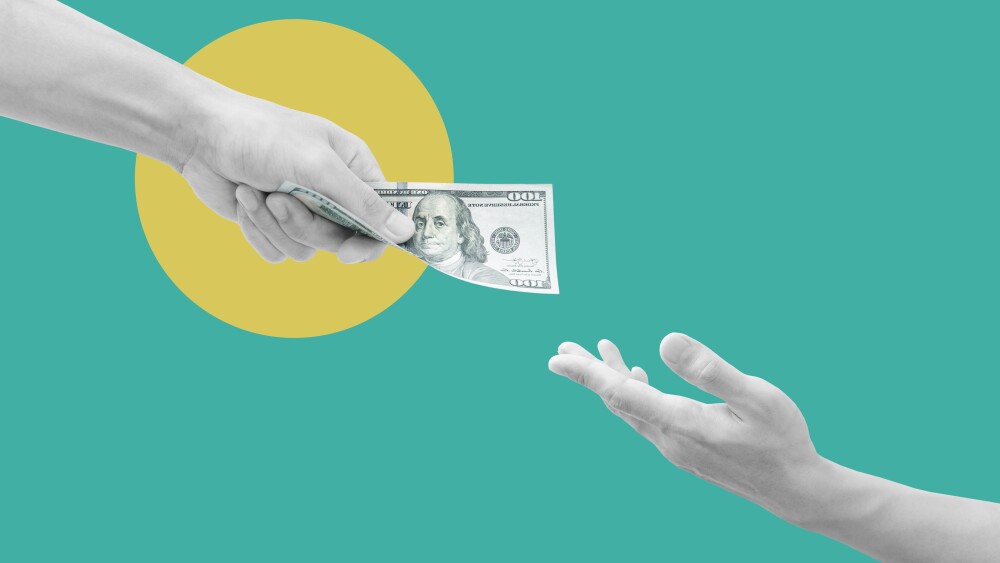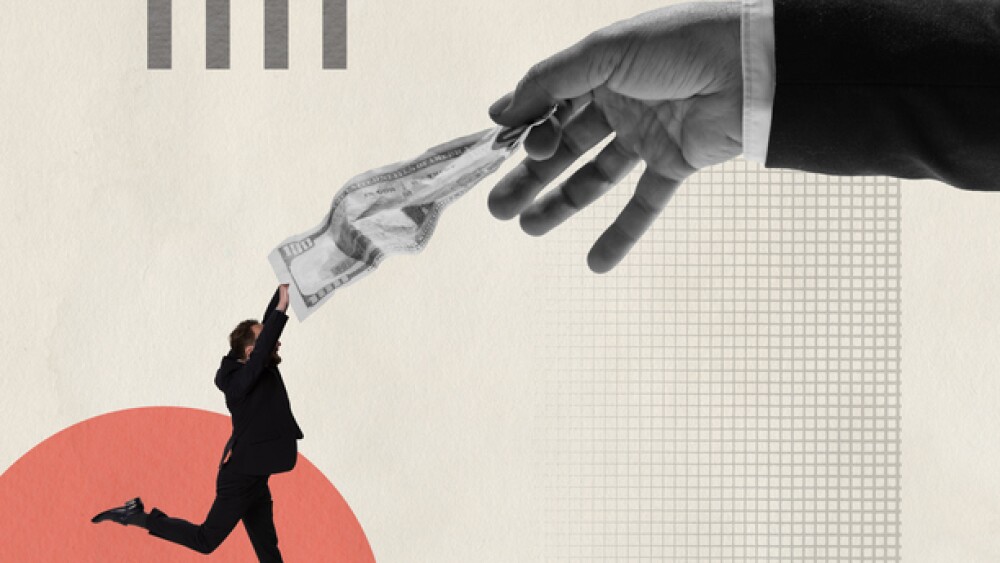August 23, 2016
By Alex Keown, BioSpace.com Breaking News Staff
PITTSBURGH -- A lifesaving drug that costs about $1 is being scrutinized by the U.S. Senate due to the high price of the delivery system—which can hit $500.
Mylan NV ’s EpiPen, which delivers the inexpensive drug epinephrine, can carry a price tag in the United States of up to $500 mainly due to lack of competition and the cost of the company’s precise dose delivery system. The EpiPen generated $1.2 billion in revenue in 2015 for Mylan—about 40 percent of the company’s overall revenue, Bloomberg reported.
When Mylan acquired the EpiPen in 2007 from Merck , the cost of the drug was $57, Business Insider reported. Today that cost is 500 percent higher for a prescription two-pack of the pen—Mylan does not sell single pen pack dosages. That double package can send the cost of the EpiPen to more than $500, prompting many people to forego the expense for the emergency drug.
The price increase is reminiscent of the action taken by Martin Shkreli and his former company, Turing Pharmaceuticals, which acquired the 65-year-old toxoplasmosis treatment Daraprim and raised the price by 5,000 percent.
The concern over the price increase prompted U.S. Sen. Charles Grassley, an Iowa Republican, to use his own pen to write a letter to Mylan demanding a reason for the high price of the inexpensive drug, Bloomberg noted. In the letter, Grassley criticized the high cost, saying it was preventing the life-saving medicine from getting into the hands of people who need it, particularly children. He also said there are laws requiring schools to stock the drug, which is a drain on their finances. Grassley also noted that 40 percent of children are insured under federal programs, which means taxpayers are having to foot a large portion of Mylan’s revenue stream.
Grassley noted that the cost has driven some innovation from first responders and others to attempt to develop their own delivery system of the drug. For those who attempt this and are not trained medical professionals, Grassley said that could pose a danger.
Not only did Grassley take action, but Bloomberg noted Sen. Amy Klobuchar, a Democrat from Minnesota, reached out to the U.S. Federal Trade Commission to determine if Mylan had denied competitors access to the market in order to justify an increase in prices.
Not only are elected officials concerned, but consumers have shared their outrage on social media.
Mylan has a near monopoly on the EpiPen following Sanofi’s recall of its Auvi-Q epinephrine injection for the treatment of severe allergic reactions. The company suffered a major hit when it recalled the pens after the company determined the products may have inaccurate dosage delivery. At the time there were approximately 200,000 people in the United States who used the Auvi-Q pen.
Another competitor is the Adrenaclick, which Bloomberg noted is not covered by many insurance companies. The price of a drug without a copay can close in on $400, Bloomberg said.
The epinephrine in the delivery systems expires after a year, which means consumers are expected to purchase a new package—just in case they need it. Many EpiPens and the like, must be disposed of due to not having been needed.
In an email to Business Insider, Mylan said many U.S. patients, about 80 percent, who require the EpiPen and have insurance, pay nothing or close to nothing out of pocket for the drug. Uninsured patients can apply to Mylan to receive the EpiPen free of charge through a program the company offers, Forbes noted.





